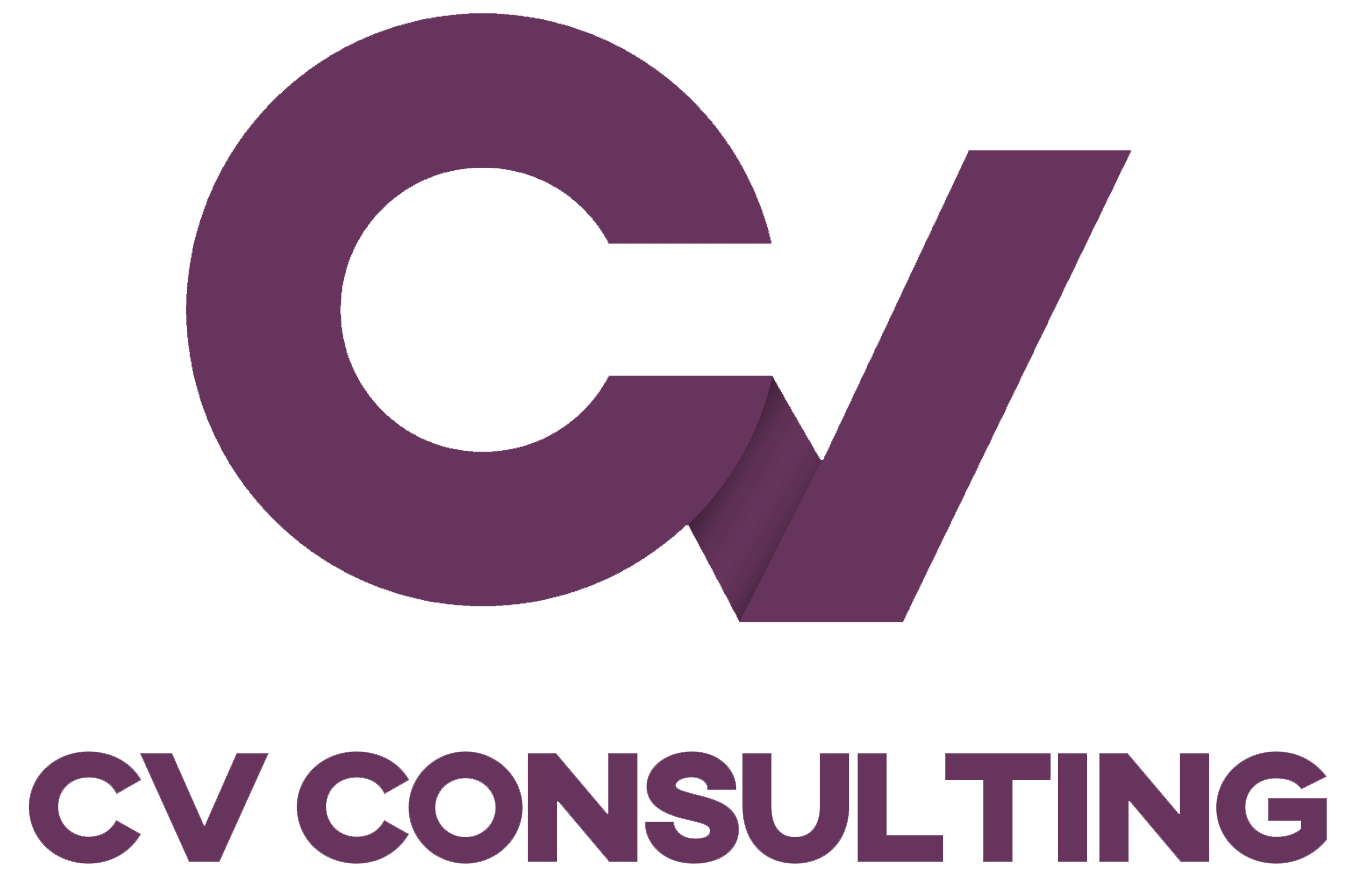Advice for Starting a New Job
Are you about to start a new engineering job? Congratulations on making it through the competitive recruitment process!
As you probably know, the first 90 days on the job is a critical period for all new hires. Think of this time as an opportunity to make a memorable first impression on your new team and managers, and set goals for what you’d like to achieve during your time at your new organisation.
It’s natural to feel anxious for your first day, no matter how many jobs you’ve had. Preparation will help you overcome any initial nerves and keep your mind focused on the job at hand. To help you start off on the right note, we’ve gathered some top tips below.
Project your Personal Brand
Before your first day, think about how you’ll introduce yourself to your new colleagues. When people ask, “tell me about yourself?”, it’s a good idea to have a short spiel that explains a little bit about your recent work history and experience, a bit about you as a person, and what you’re looking forward to in your new role.
It can help to reflect on how you’ve been described in previous roles, and if that’s how you want to position yourself in your new role. For example, do people see you see as an innovator or a collaborator? Are you the master planner on a project or are you known as the grafter?
The idea is not to sound stilted or rehearsed, but comfortable with talking about yourself without grandstanding. You’ll be able to put new colleagues at ease and make the social aspect of work (and professional networking) much easier.
Also consider why you chose the role and your professional specialisation – what are you passionate about? Talking about “why” and not just “what” you do will help make your introductions more engaging and help differentiate you from the crowd. For example, if you have a passion for repairing machinery or GMP, let it be known to everyone.
Keep a Positive Outlook
To put yourself at ease in the early weeks of a new job, focus on readjusting your mindset to the new environment. Michael Watkins – author of the book The First 90 Days advises professionals to establish a clear, mental breakpoint between their old job to their new job. Mentally give yourself the time and space to imagine yourself in your new role and “let go” of your old job. Reflect on the differences between your previous role and your new position and organisation, and how you will need to think and act differently.
Although it’s natural to feel nervous and perhaps unsure about yourself when starting a new role, consciously focusing on your strengths is vital. Remember that you were hired because you were the best candidate for the role, so your skills and experience have already been recognised by the business. From now on, the work you do will confirm that initial recognition. When you’re feeling unsure of yourself, try to recall some of the reasons behind why you were hired for the job in the first place. There are plenty of other Scientists or Project Managers out there but you were on top of the list.
For many professionals, even those with more than decades of experiences in their fields, concerns over incompetence and being ‘found out’ can undermine our performance and the impressions we make on others (known as impostor syndrome). Remember that as an experienced professional, your actual competence will likely be higher than your level of confidence. It can even be worth keeping a few notes in an email somewhere with key achievements on a particular project or feedback from a supervisor that you can refer to when you need a little confidence boost.
Listen and Learn
Your time as a new hire is a crucial period for tapping into the gut instincts of an engineer – your curiosity and desire to understand how things work. Don’t be afraid to ask questions during this time. After all, there is always a lot to learn while projects are already running full steam ahead.
Do everything you can to learn about the organisation, its culture and objectives, customers, your colleagues and leaders. It’s a good idea to be tactful and listen more than you speak while you’re still learning. You can also take notes to refer back to later on. Think of this phase as one that teaches you not only about new technical ecosystems and administrative details, but also about how your colleagues communicate with one another.
It’s also helpful to understand how your performance is measured, as well as your manager’s. Your manager might be held to just one metric, or evaluated on team performance and engagement. For example, if you’re a Mechanical Fitter you will be dedicated to machine assembly but your supervisor might be more focused on Health & Safety compliance and customer relationships. If you can understand your manager’s main concerns, you’ll be able to show initiative in more meaningful ways – and build a strong relationship with them.
Steer Clear of Office Politics
Finally, keeping away office gossip and politics during your first days on the job is essential for fostering others’ trust in you. Staying neutral in the face of interpersonal politics, especially while you’re still new to the job, will make your working life much smoother in the long run.
Sometimes people unwittingly get tangled up in the hearsays simply because they’re in the proximity of it. If you can’t walk away from a bout of gossip (due to being in a meeting or socialising with colleagues), simply refrain from contributing to the conversation.
If you’re pressed to add your two cents, you can make it clear in a polite way that you’re not interested in adding fuel to the office dramas and whispers – or change the subject. Don’t vent your frustrations to others in casual settings, especially with those you don’t trust.
Summary
Preparing for the first days and months of a new job is essential for making a lasting, positive impression and mitigating any potential headaches further down the track. This is the time to learn as much as you can in a short period of time, so you can hit the ground running, establish good relationships with your team and deliver on the promises you made in the job interview.
Keep a long-term view as you begin your first day and remember to take ownership of your strengths, skills and experiences.
Are you looking for your next career move or need more help with finding your dream role? Get in touch with our the of engineering recruitment specialists to start your next career chapter.

